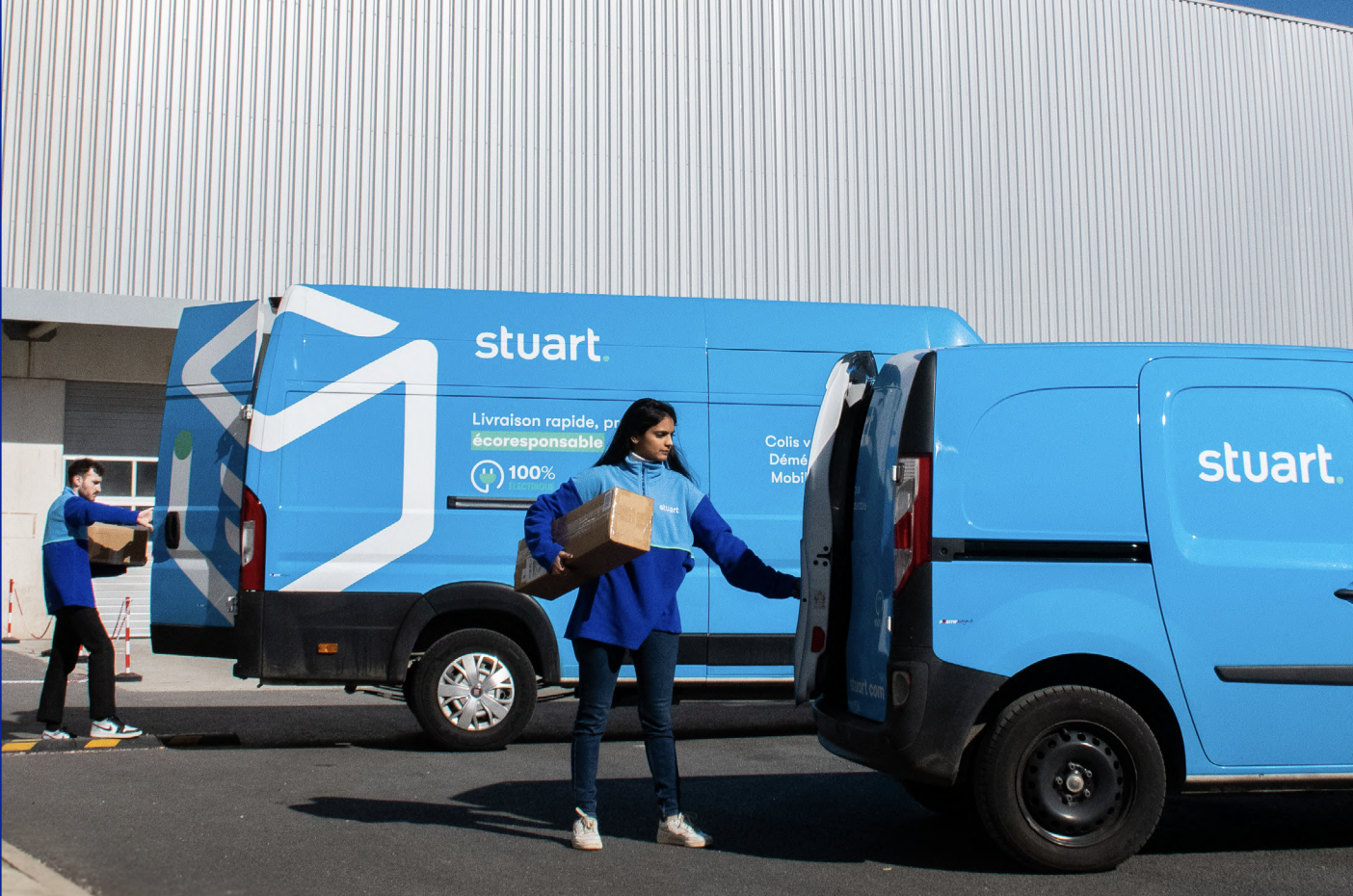How will retail change and develop in 2019? We hear from industry insiders and share their predictions for the year ahead. This ongoing series will focus on a different theme each time. Today we’re looking at augmented reality, a technology that is currently mostly used by retailers in their mobile apps to enable shoppers to see how products might look either on them or in their homes, and at image and voice search, both as yet used by a minority of retailers to make it easier for shoppers to find products on their mobile apps.
AR will take a leap forward this year
Roger Barr, co-founder and chief digital officer at digital agency Mediablaze
Augmented Reality arrived on the scene in 2017 promising a lot, but not managing to gain much mainstream adoption. However, in 2019, I anticipate it moving at a rapid pace. Android phones and Safari in iOS 12 have made it possible for users to experience AR as part of the web browsing experience – this will become a game changer for brands.
The ability to experience products in 3D and AR at the touch of a button without leaving the browser is a big leap forward. I expect ecommerce platforms to start offering mobile users this experience more and more going forwards, now that the user experience is much more seamless.
AR will help businesses distribute their content
Max Dawes, partnership and marketing director at augmented, virtual and mixed reality technology company Zappar
We’re entering an interesting phase where native apps will generally become the preserve of services and utilities that add genuine value to a user’s life (your banking app, retailer loyalty app, music subscription service etc.) as well as games. For everyone else, there’s the mobile web.
Enabling rich mobile AR experiences to be delivered directly on a mobile web page will give businesses much more control over the distribution and marketing of their content, while still being instantly available for users to experience without the requirement for an app download.
The widespread adoption of AR could very well lead us to a shift away from single-instance marketing campaigns, and more toward a consistent communication channel that drives contextually relevant dialogue with end users. AR specialists and enthusiasts in the growing “experience economy” have a serious opportunity to create lasting experiences that go beyond one-off AR campaigns. Before we know it, AR could be part of a world of permanent digital discovery driven by daily information and utility – not just transient moments of surprise and delight across print, point of sale, packaging, products and places.
Voice and image search will become more important this year
Andy Burton, chief executive at digital commerce consultancy Tryzens
This year will see an increase in the deployment of innovative technology that will enable retailers to engage more successfully with their customers, giving them alternative ways to find the products they want and build stronger brand loyalty.
We all know that the retail sector is facing systemic pressures, and these aren’t going to go away in 2019. But retailers should be increasingly deploying innovations that can bring them closer to their customers, enable those customers to shop in the way that they want, maximise sales and generate higher revenues. Retailers are increasingly targeting voice assistants such as Amazon Alexa and Google Home as a novel way of engaging with their customers. Argos was one of the first UK retailers to offer voice search shopping services, and there is no doubt that in 2019 more retailers will follow in its footsteps. However, this trend will rely on retailers converting consumers from their preferred shopping channels to using voice shopping which, particularly in the early stages, may feel slightly unnatural.
Perhaps more exciting for retailers is the rise of image-based shopping. A number of retailers, including ASOS, Forever 21 and Alibaba, are introducing the capability for consumers to take a picture of an item they want to generate search results for similar products on a retailer’s platform. Forever 21 has seen a 20% increase in average conversion rates across the two product categories in which it trialled the technology, demonstrating the value that this innovation could bring to retailers in 2019. In addition, as the technology develops search results will become more and more accurate, further increasing consumer trust and retention rates.
Image: Fotolia









